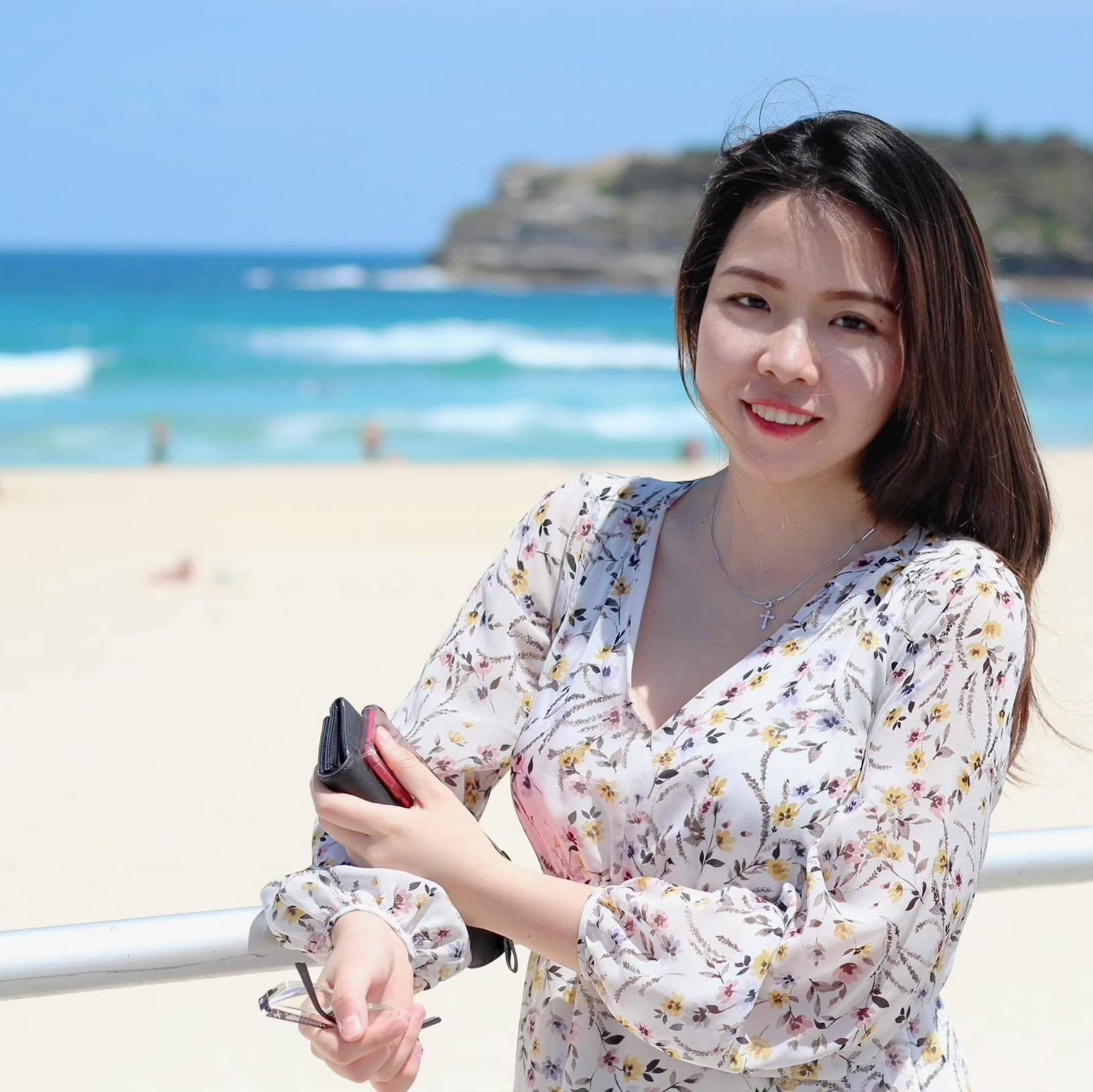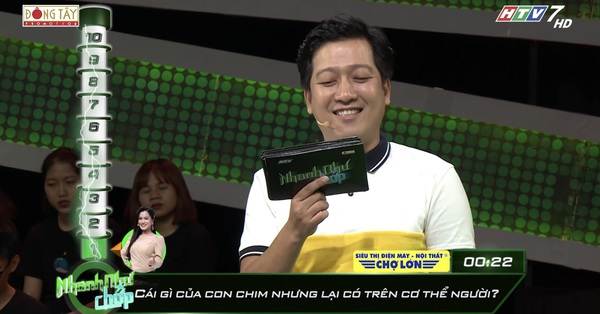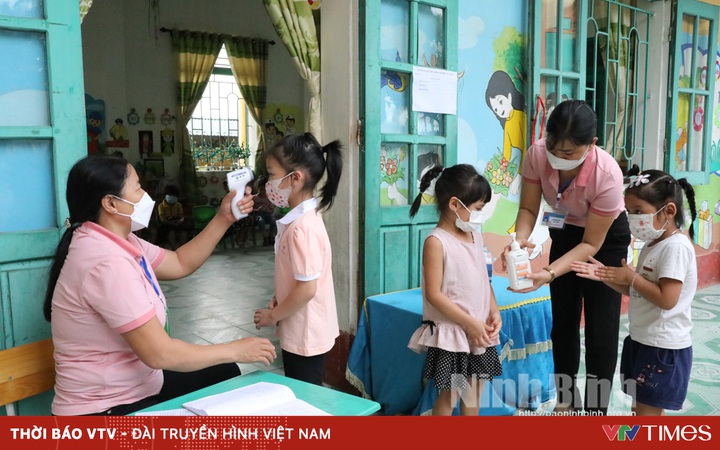Studying in Australia and Singapore from high school: How do students choose their subjects?
Students in Australia will not have to study Math, Physics, Chemistry if they feel they don’t want to; while in Singapore, although students can choose their own subjects, they still have to choose within the framework.
Having studied for 2 years in high school in Australia, Bui Ai Loan (currently a student at the University of Melbourne) said that the most interesting thing about Australian schools is that students will be flexible in their choices. Subjects and schools also always appreciate the different abilities of each person.

Bui Ai Loan (currently a student at the University of Melbourne).
Because they have learned the foundational knowledge of basic subjects from 7th to 10th grade, when entering high school (grade 11-12), students only need to study one compulsory subject, which is English. ; while the remaining 5 subjects will be chosen by students completely.
At the high school Ai Loan used to attend, students will choose from about 36 subjects, including popular subjects such as History, Literature, Mathematics, Physics, Chemistry, Biology,… Besides, There will be other subjects to help promote students’ talents and strengths such as Business Administration, Law, Health Care, Design, Computer Science, Drama, Piano, Swimming, etc.
“If students don’t like Math, they don’t necessarily choose to study Math. No matter what subject a student chooses, those subjects are all of equal value, no subject is considered a main subject, and no subject is a secondary subject. And, an artistically inclined student will be judged on the same level as a technical student.”
However, according to Loan, usually students will tend to choose subjects related to future careers. For example, a person who wants to work in wood will choose Woodwork to get acquainted with machines. The school will also have separate classrooms so that students can freely work on projects without making noise or affecting the surrounding classrooms.
Since she wanted to pursue Law from an early age, in 11th grade, Ai Loan chose to study subjects related to this industry, such as law school. Legal research. Although taught in high schools, this subject has also provided girls with a basic understanding of the Australian legal system, the process of handling crimes, handling cases or accessing cases. famous case.
Thanks to that, when going to university, having access to deeper knowledge of the industry, 9X also feels that everything is “easier” because of having previous background knowledge.
Of course, in 11th grade, if students feel they don’t fit in, they still have the opportunity to change subjects before entering 12th grade.
In addition, according to Loan, teachers in Australia are also quite close in career orientation for students. Every 6 months, the school will have counseling sessions to discuss what students want to study, what fields they are strong in and if they are happy with their choice of subjects. or not.
This will make students not feel pressured to study. Also, thanks to the early career orientation, it will minimize the choice of the wrong major at university level.

Nguyen Thao Nhi (student of Nanyang Technological University).
Meanwhile, according to Nguyen Thao Nhi (final year student at Nanyang Technological University, used to study in Singapore since the end of high school), in Singapore, the choice of subjects is somewhat different.
In Singapore, students from the very first grade Upper Secondary (equivalent to 9th and 10th grade in Vietnam) have been allowed to choose their own combination of subjects depending on the score from grade 8.
Until level 3 – Junior College (equivalent to grade 11, 12 in Vietnam), students will still be able to choose subjects within limits. In total, students will have to study 6 subjects, including 2 compulsory subjects General Paper (combined subject of English and sociology) and Project Work (Working group). With the remaining 4 subjects, students can choose to study Arts or Science.
According to Nhi, although Singapore allows students to choose on their own, in reality it is still a choice within the framework. For example, even if students choose to study Science, they are still required to choose 3 natural subjects and 1 social subject (eg Physics, Chemistry, Mathematics and Economics); or if students choose to study Arts, students will still have to choose 3 social subjects and 1 natural subject (eg Geography, History, Art and Mathematics).
“For Singapore, this is a way to help create a balance for students and prevent them from learning too much about a certain area of content. At the same time, there are still some compulsory subjects, but these subjects bring values both in hard skills and soft skills for students.”
For example, with subject General Paper will help students improve their reading comprehension, writing, reasoning, etc. – all of which are beneficial for the future when going to college and working; good subject Project Work requires students to solve social problems with new ideas, forces students to work in groups, write essays, give presentations or read research papers, …
In addition to choosing subjects, students can also choose the level of subject that is suitable for them. In which, there are two main levels: basic (H1) and extended (H2). In addition, students with excellent grades at the end of 11th grade will be selected for advanced level (H3).
However, according to Nhi, when applying to a university in Singapore, each major will also have requirements for certain subjects. For example, Engineering will require students to have studied Physics in high school. So, it can be said that high school subjects will partly determine the choice of a future career. student’s future.
Thuy Nga
at Blogtuan.info – Source: vietnamnet.vn – Read the original article here



